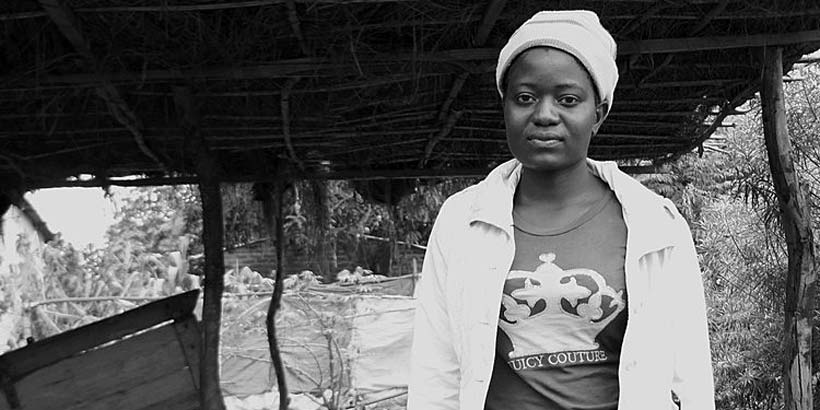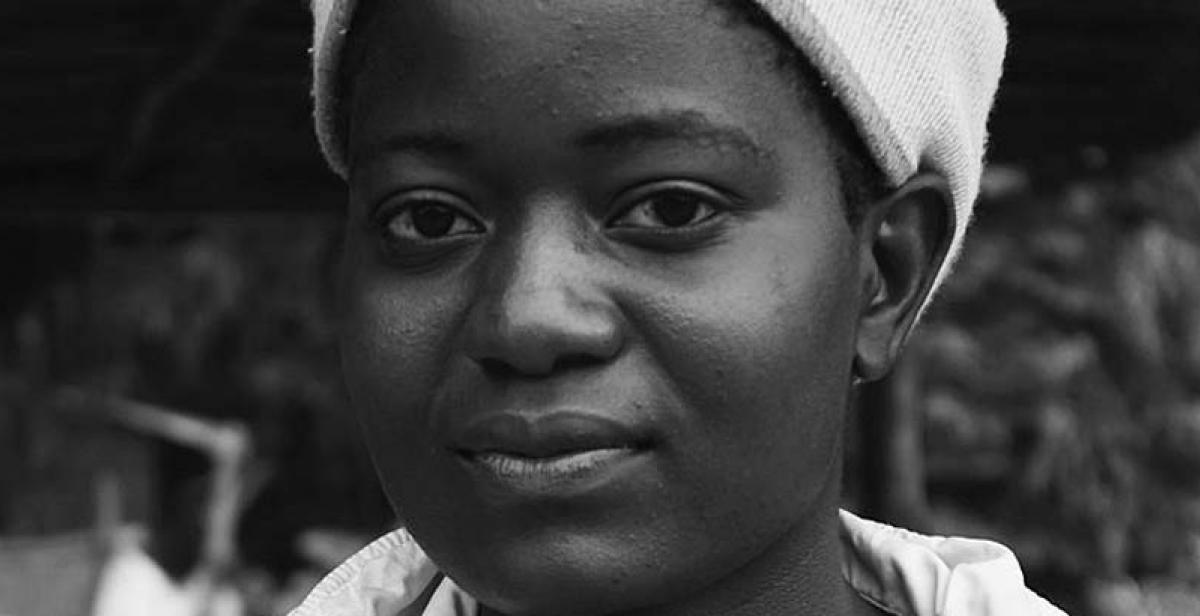Reaching puberty, having strange things happen to your body and generally growing into a teenager is challenging enough for most girls, but within the constraints of Malawian culture, teenagers here struggle with more challenging issues; with the arrival of their 13th birthday, comes the prospect of marriage.
Zenda is 19. She was born and lives in Ekwendeni, Malawi, with her mother. She is an inspirational girl and her story deserves telling!
She has grown up within a big family. Being one of four, she has a younger sister who’s 16 and two brothers aged nine and 25; her father works abroad. On the surface she appears just like any other 19 year old, but delving deeper it quickly becomes apparent that this is not the case. At the young age of 17, Zenda was forced to marry a man five years older. This wasn’t her or her parent’s wish, but that of her husband’s family who insisted the arrangement go ahead. In fact her parents refused to accept the dowry money that was offered in exchange for their daughter’s hand. Although not being well educated themselves, they were aware of the problems that can arise from marrying early and wanted their daughters to have the best start in life and complete their education.
Zenda was fortunate enough to attend a private school; it was paid for by an uncle, a custom that is not uncommon in Malawi. However, when a girl marries it’s expected that she leave school and stays at home to wait upon her husband. This lovely girl is a bright young woman with a dream of becoming a nurse, so rather than conforming to the stereotypical gender roles placed upon her, by traditional Malawian society, she left her husband to go back to school. A decision that was not supported by her spouse and one that may well have embarrassed him, resulting in him leaving the country. Having had no contact with him for over six months, Zenda is unaware of his whereabouts. As an extra precaution, she blocked her phone number enabling her to fully concentrate on schoolwork. All her endeavours were rewarded on results day, as she passed her MSCE’s with 21 points bringing her dream of becoming a nurse ever closer.
Zenda is smart, when spoken to about the new marriage bill, making it illegal for teens to get married under the age of 18, she laughed at the contradiction and with good reason. Many girls that turn 18 are still immature; it’s rare that any of them will have finished their education with many having only just passed Standard 8 (Year 6 back in the UK!) With only this certificate, no girl has a chance of progressing further with her career. What shocked me the most is the casual way girls discuss their futures. It’s so disheartening hearing them agree with each other that they are biologically less able than the opposite sex. Zenda was so matter of fact in saying “yeah, yeah it’s our culture, education is for boys not girls”. I must point out that this is not a view she shares, but one that is accepted by her community and that is believed by her friends. Like Zenda, many of them also married young and left school, having to abandon their education.

In traditional Malawian culture, it is expected that a man will work hard in order to provide for his wife and family, he is the sole financial provider. A wife should do her job and ‘care’ for him, in other words she is the submissive partner with no escape route or backup plan should she wish to leave. Zenda doesn’t accept this way of life for herself; she believes that a girl needs her own financial support. With a career comes power, power to be in control of your own wellbeing. She made a fantastic point that if girls abandoned their education, Malawi would suffer with 50 per cent of the population unable to grow. Education is the key to fighting poverty. Girls should have the same level of schooling as boys, then together they could fight to make Malawi a more promising place for all young individuals no matter what their gender.
Saying that girls should delay marriage and focus on education is all well and good, but it is made difficult by some cultural traditions, such as the barbaric practices of Kusasa Fumbi and Fisi among the Chewa people; that pulls young girls out of education and sets them up for a continued life of poverty. Once a girl has had her first period she will be kept indoors for a week and taught about the behavioural traits she needs to put into practice in order to become a good wife; she’s ultimately taught not to fear men. On the 7th day a man will be summoned for the sole purpose of taking the girl’s virginity. Such monstrous rituals are not only a violation of the child’s sexual rights but can also implicate serious health issues. With the men wanting to experience ‘the real thing’, a condom won’t be used exposing the girl to STIs and HIV and the lack of protection will also increase her risk of becoming pregnant; if this is the case then a forced marriage will occur (God forbid she has her baby out of wedlock.) This in itself can lead to obstetric fistula caused by complications after the birth where the young body is simply not equipped to deal with labour.
Zenda wants change! She believes, just like me, that education is the key. Throughout my time here in Malawi and with the help of exceptional girls like Zenda, I wish to create a visual portfolio telling real life stories of girls that have experienced early marriages and are having to deal with all the implications that brings.
Written by ICS volunteer Ellie Craven-Todd



